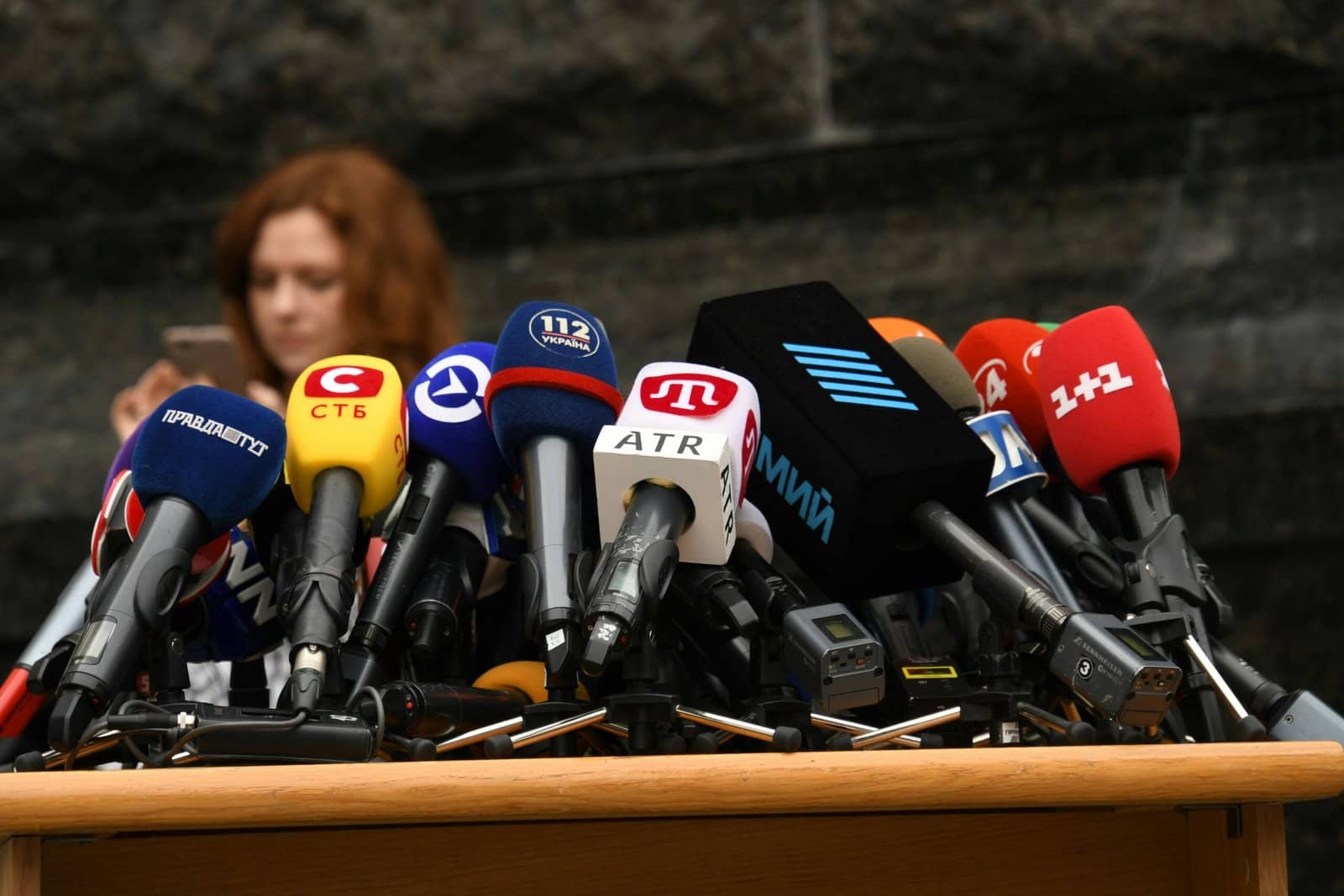Much ink and air time has been expended this past week over the threat from Federal Conservative Leader Pierre Poilievre to blacklist CTV journalists. The CTV, by its own admission, incorrectly, and irresponsibly, edited Mr. Poillievre’s remarks in a way that altered their meaning.
Being the subject of critical media coverage is extremely stressful. Being misquoted is infuriating. Whether it is a front page story or a piece on an online blog, you may feel like the entire world is talking about you. Despite our natural instincts, the last thing to do if you’re in that situation is throw up walls. It doesn’t work.
When the heat is on, here are some simple pieces of advice I provide – not only as a communications advisor to several Cabinet Ministers and CEOs, but also as a former Parliament Hill reporter who was ‘blacklisted’ himself and continued on reporting just fine, thank you:
- If there is an error or misquote worth correcting, act fast to remedy it with solid proof of the error/misquote. Being nimble in a crisis enables you to correct the record before errors get repeated and reinforced on social media and follow up news stories. Responsible media outlets are more sensitive than ever of their reputations as trusted sources. I made my share of mistakes, took them seriously and felt them deeply. Credible outlets will readily issue corrections.
- Don’t assume a persistent, tough reporter is out to get you. It feels personal being on the receiving end of critical news coverage, but in the reporter’s eyes, it is not. Many good reporters cheerfully consider themselves equal opportunity pains in the ass. Ignoring them is often seen as defensive, and to a reporter, defensiveness smells like a story. It can motivate a reporter to pursue an issue longer. Blacklists typically have the opposite effect to what is intended: It is often worn as a badge of honour for a reporter when they are called out, especially when it is viewed as an unfair or unreasonable response from a government or large company. American ‘Gonzo journalist’ Hunter S. Thompson called it a “crippling exclusion” when his name was left off Richard Nixon’s so-called “enemies list.”
- Perhaps most importantly, if you don’t talk to the reporter, someone else will be happy to fill the void. You are effectively gagging yourself and allowing critics and commentators to frame your story. In my case as a reporter, it meant my calls to the Prime Minister’s Office or any Minister’s office were not returned… officially, at least. Did that mean I stopped reporting on what the government said and did? Not at all. There are a lot of people out there who want to talk about what the government is doing. Responsible journalists will continue seeking out all sides of a story, whether you talk to them or not.
You don’t have to like a reporter to respect their job and appreciate the role they play in getting your side of any story across to the public… even if they mangled your quote in that morning’s newspaper.



